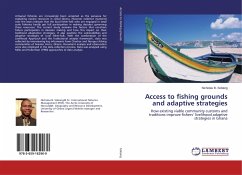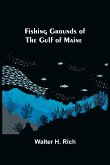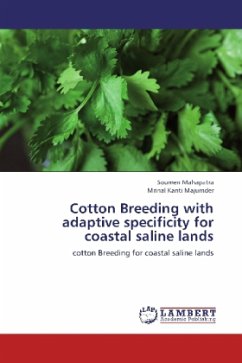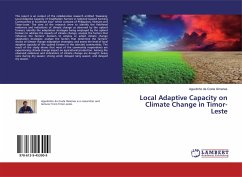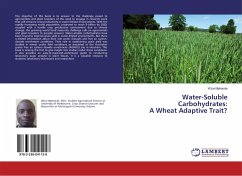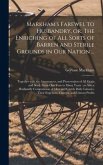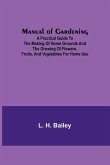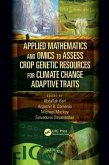Artisanal fisheries are increasingly been accepted as the panacea for exploiting marine resources in costal Ghana. However evidence mustered over the years indicate that the local fisher-folk who are engaged in small scale fisheries hardly get full participation in making decision governing these resources. The current study examine the factors that constrain fishers participation in decision making and how this impact on their livelihood adaptation strategies. It also examine the vulnerabilities and adaptive strategies of rural fisher-folk. With the combination of the Livelihood Approach and the Institutional analysis framework, data was collected by interviewing key informants from Chorkor and Nungua fishing communities of Greater Accra, Ghana. Document analysis and observation were also employed in the data collection process. Data was analysed using Miles and Huberman (1994) approaches to data analysis.

